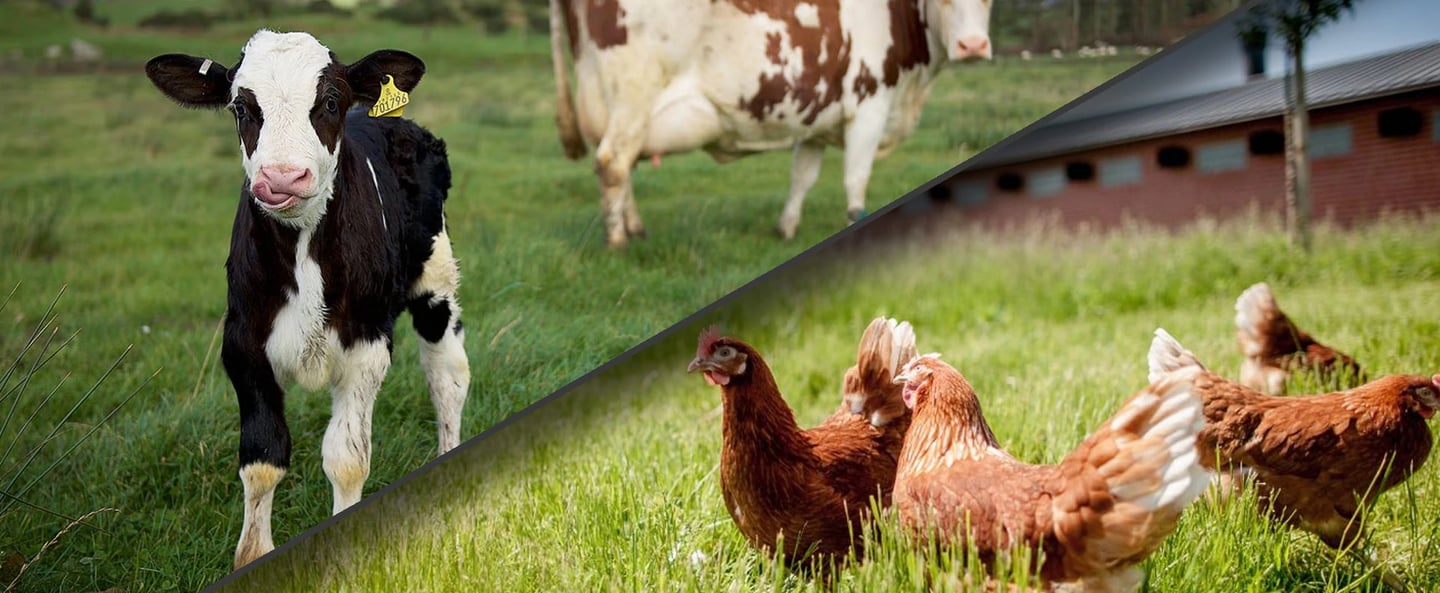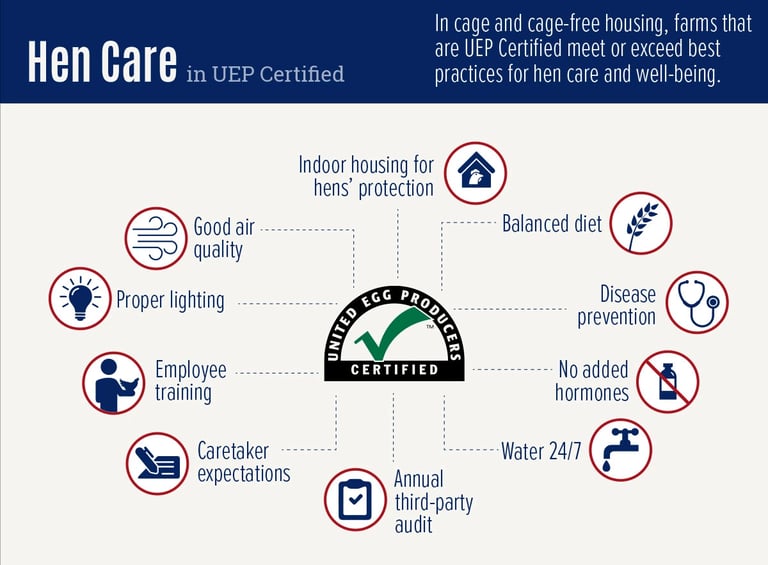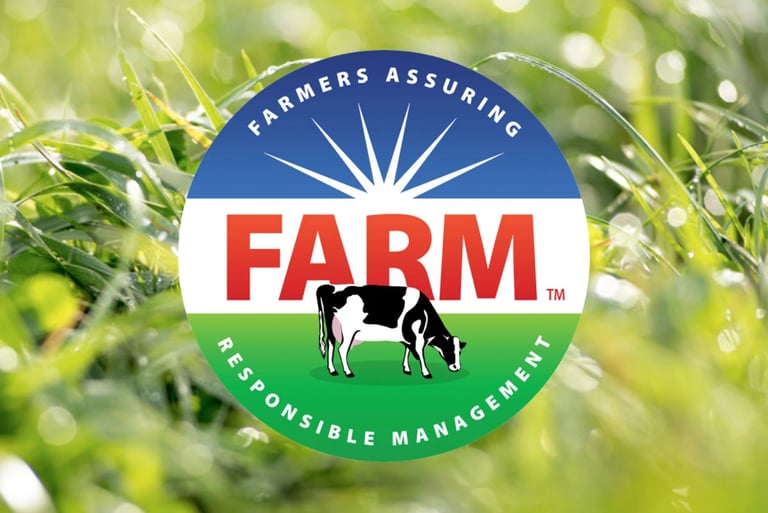✓ 30-DAY MONEY BACK GUARANTEE ✓ Free shipping on orders from 125€ [EU] $100 [US] or more! Shop now
Animal ethical Production of 4Life Transfer Factors
Before I personally chose to collaborate with 4Life, I took a critical first step; researching their sourcing practices. For me, product quality is not enough; it must be backed by ethical treatment, in this specific case, ethical treatment of animals. What I discovered was a commitment to animal welfare, responsible sourcing, and environmental sustainability that exceeded expectations.
KNOWLEDGE CENTER
6/1/20252 min read


Ethical Sourcing of Cow Colostrum
When it comes to cow colostrum, 4Life only works with dairy farms that hold certifications from respected programs like the Farmers Assuring Responsible Management (FARM) or Validus. These certifications ensure high standards of animal welfare. For example, cows are provided proper shelter, nutrition, and veterinary care, and importantly, colostrum is collected only after calves have consumed their necessary share. This practice respects natural feeding behaviors and aligns with sustainability goals. You can read more about this commitment on 4Life’s website, such as their news on FARM certification and the FARM program overview.
Key Practices:
Colostrum is only collected after calves have received their full share, respecting
natural feeding.FARM and Validus certification mandates regular animal welfare audits.
Farms must adhere to strict standards regarding cleanliness, stress reduction,
and ethical treatment.
🔗 4Life on FARM Certificatio
🔗 Learn more about FARM
Responsible Use of Chicken Egg Yolks
For Transfer Factors derived from chicken egg yolks, 4Life partners exclusively with farms certified by the United Egg Producers (UEP). The UEP certification is built on decades of research and is overseen by an independent Scientific Advisory Committee. This ensures that laying hens receive clean water, nutritious feed, proper lighting, and humane care without the use of hormones or unnecessary antibiotics. These practices promote both animal health and welfare. Additionally, 4Life’s environmental practices and eco-friendly commitments are outlined here.
UEP Animal Welfare Standards Include:
Adequate space, clean water, and nutrient-rich feed
No use of hormones or antibiotics for production
Disease prevention and humane handling protocols
Proper lighting cycles for natural behaviors
🔗 4Life Eco Practices Overview
🔗 Learn about UEP Certification
Sustainability and Environmental Responsibility
4Life also takes significant steps to reduce its environmental impact beyond ethical animal treatment. For instance, all low-density polyethylene (LDPE) packaging used in their shipments is recycled, diverting approximately 450 pounds of plastic from landfills every month. They actively invest in renewable manufacturing and responsible sourcing, reflecting a broader commitment to sustainability.
Recycling all low-density polyethylene (LDPE) used in shipping and packaging, diverting ~450 lbs of plastic from landfills monthly
Investing in renewable manufacturing practices
Promoting sustainability through supply chain responsibility
Conclusion: Science with a Conscience
In the world of immune system support, 4Life Research sets itself apart. Not just through cutting-edge biotechnology and patented immune education molecules, but by maintaining full transparency as best they can in how these are sourced and produced. Their commitment to ethical farming, humane animal treatment, and sustainable manufacturing is foundational to their brand and essential for conscious consumers like me.




I operate as an independent distributor and not as an employee or agent of 4Life Research USA, LLC.
All products are sold directly by 4Life Research via their official website and systems. For any questions or concerns regarding orders, shipments, returns, product ingredients, or potential side effects, please contact 4Life Customer Support directly via their official website or support channels. Product information provided on this site is for informational purposes only and should not be considered medical advice. Consider consulting your healthcare provider before starting any supplement program.
I do not accept responsibility or liability for product issues, shipping delays, allergic reactions, or any outcomes from the use of 4Life products.
4Life.com are proud members of the DSA. To view the Code of Ethics by which they abide please click here. To file a complaint, please contact 4life at 888-454-3374 or email: compliance@4life.com . If you are unsatisfied with the resolution, you may escalate your complaint to the DSA by clicking here.
Information
Contact information
4lifeimmuneboost.com
talenttrainermv@gmail.com